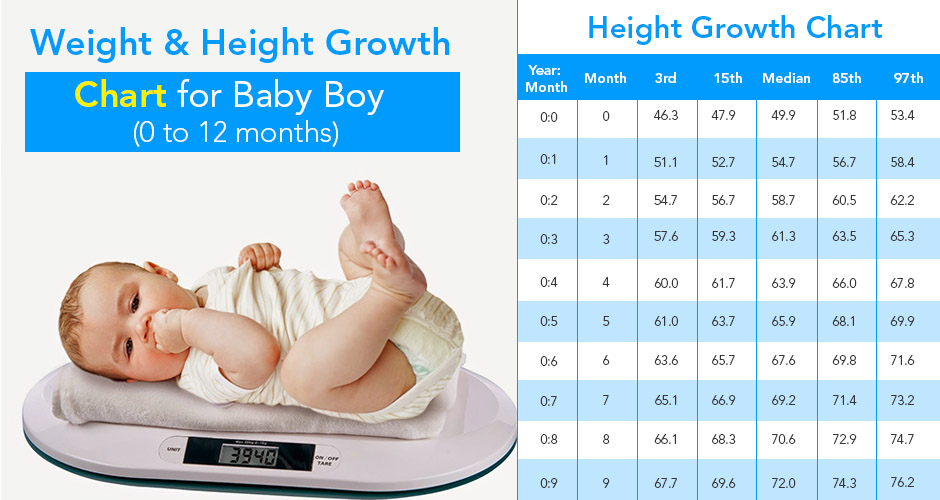 Source: bing.com
Source: bing.comTable of Contents
Introduction
As a new parent, there are a lot of things to worry about when it comes to your baby’s development. One of the biggest concerns for new parents is their baby’s weight. It’s important to understand how a baby’s weight develops over time and what factors can impact this development.
What is Normal Baby Weight?
The first thing new parents need to know is what is considered a normal range for baby weight. The average weight for a full-term newborn is around 7.5 lbs. However, babies can range from 5.5 to 10 lbs and still be considered healthy.
Factors that Affect Baby Weight
There are several factors that can impact a baby’s weight development. Genetics, nutrition, and overall health can all play a role in a baby’s growth.Genetics – Some babies are just naturally smaller or larger than others. If both parents are small, it’s likely that the baby will be as well. The same goes for larger parents.Nutrition – A baby’s nutrition is critical to their growth and development. Breastmilk or formula provides the necessary nutrients for a baby to grow at a healthy rate. If a baby isn’t getting enough nutrition, they may not gain weight as quickly as they should.Overall Health – If a baby is sick or has a medical condition, it can impact their weight development. Premature babies, for example, may have a harder time gaining weight due to their underdeveloped systems.
Baby Weight Development by Age
Babies typically follow a growth curve when it comes to weight development. Here is a breakdown of what to expect in terms of weight gain for your baby’s first year:1. Birth to 3 months: During the first three months of life, babies should gain about 1 to 2 pounds per month.2. 3 to 6 months: From 3 to 6 months, babies should gain about 1 pound per month.3. 6 to 12 months: From 6 to 12 months, babies should gain about 0.5 pounds per month.
When to Be Concerned
While all babies develop at their own rate, there are some signs that may indicate a problem with weight gain. If your baby isn’t gaining weight at a consistent rate or seems to be losing weight, it’s important to speak with your pediatrician. They can determine if there is an underlying issue that needs to be addressed.
Conclusion
Understanding how a baby’s weight develops over time is an important part of being a new parent. By knowing what factors can impact weight gain and what to expect at different stages, you can help ensure that your baby is growing and developing at a healthy rate.
Frequently Asked Questions
Q: What is considered a healthy weight for a newborn?A: The average weight for a full-term newborn is around 7.5 lbs. However, babies can range from 5.5 to 10 lbs and still be considered healthy.Q: What factors can impact a baby’s weight development?A: Genetics, nutrition, and overall health can all play a role in a baby’s growth.Q: How much weight should a baby gain in their first year?A: Babies typically follow a growth curve when it comes to weight development. During the first three months of life, babies should gain about 1 to 2 pounds per month. From 3 to 6 months, babies should gain about 1 pound per month. From 6 to 12 months, babies should gain about 0.5 pounds per month.Q: When should I be concerned about my baby’s weight gain?A: If your baby isn’t gaining weight at a consistent rate or seems to be losing weight, it’s important to speak with your pediatrician.Q: How can I ensure that my baby is getting enough nutrition?A: Breastmilk or formula provides the necessary nutrients for a baby to grow at a healthy rate. If you have concerns about your baby’s nutrition, speak with your pediatrician.
